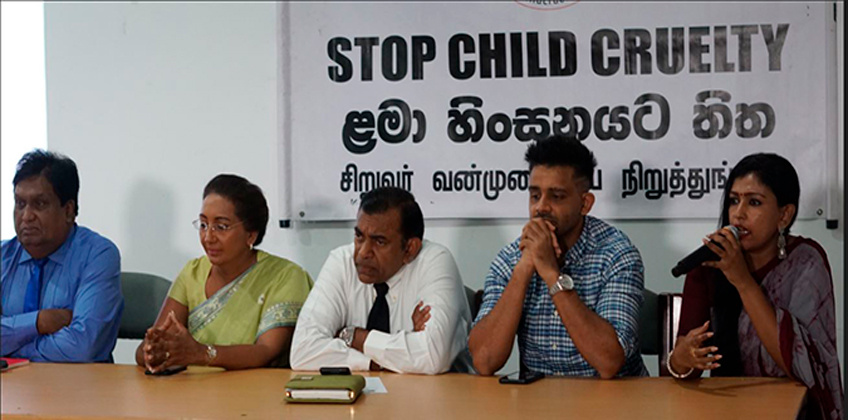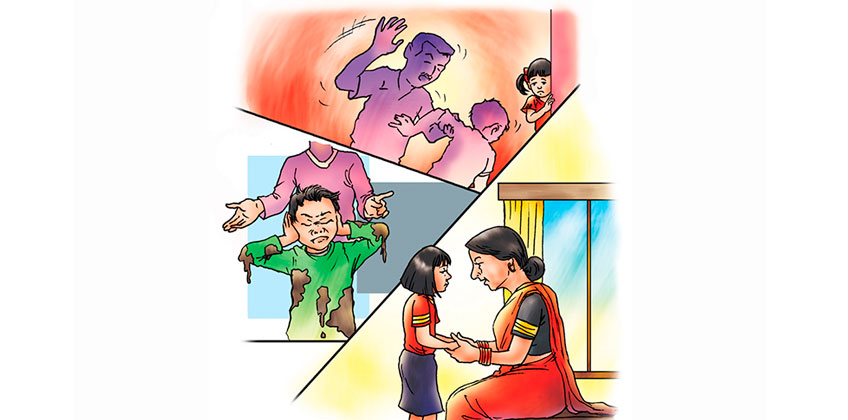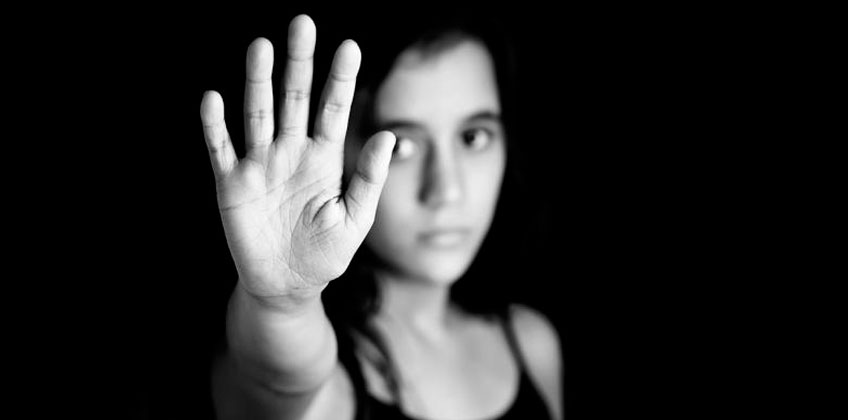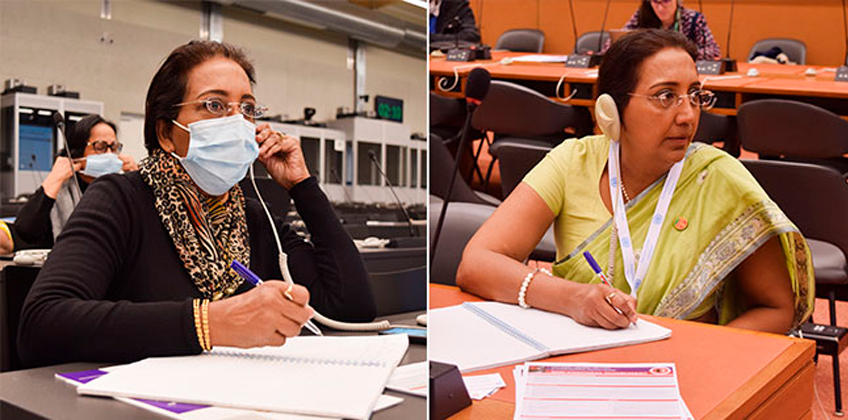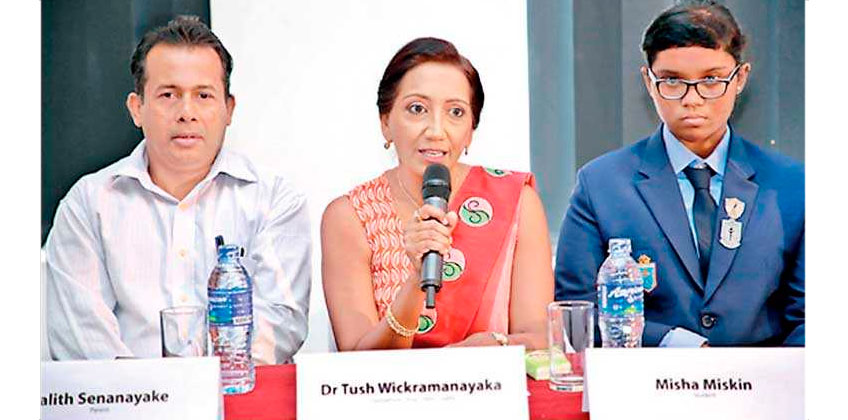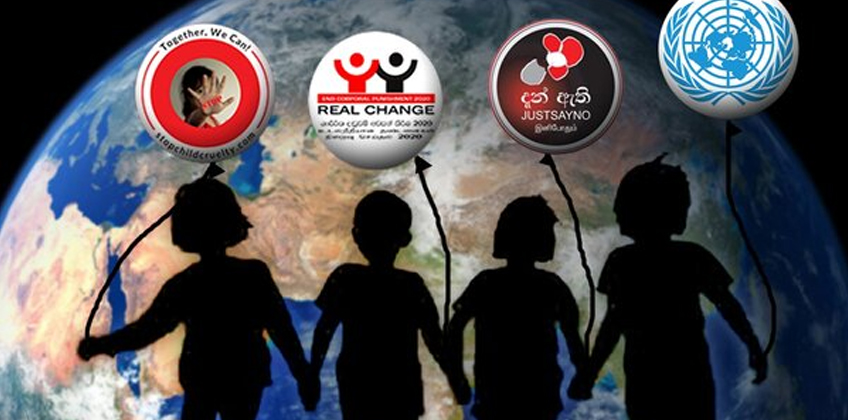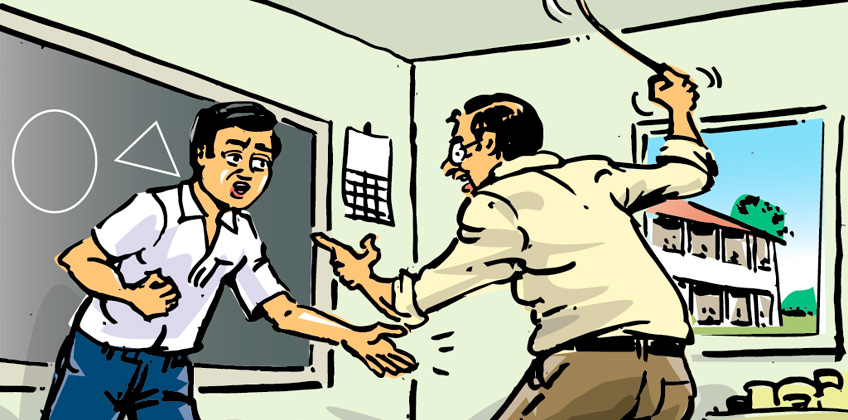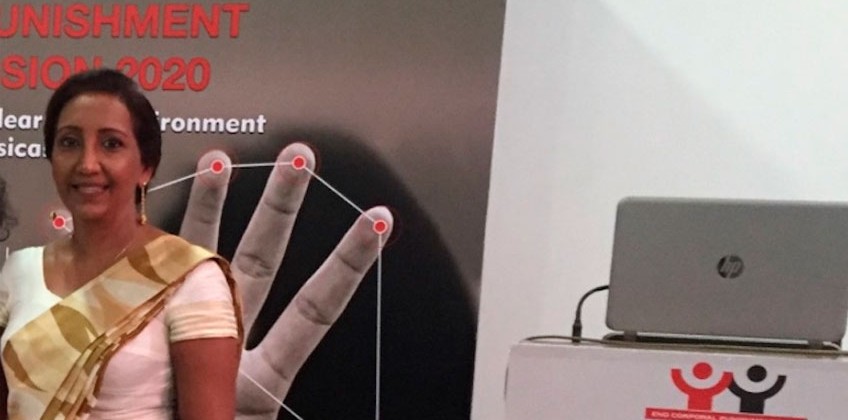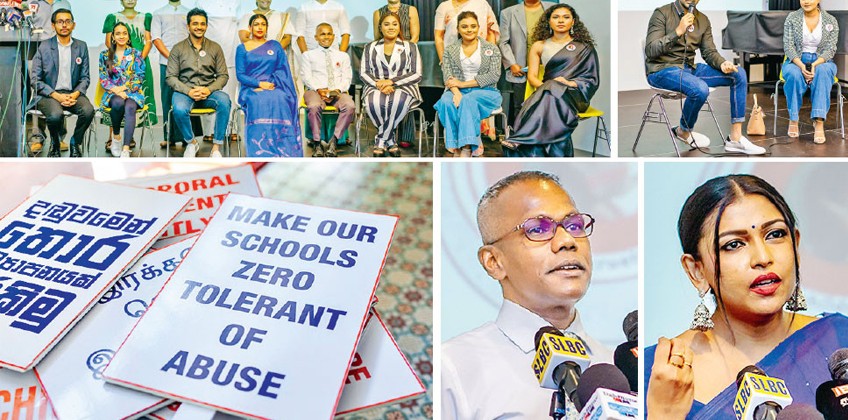
Just over a week ago the world celebrated Valentine’s Day and Sri Lankans were of no difference. The day is dedicated to lovers and love but love comes in many different forms. It is not just limited to the romance between a girl and a boy but takes many different forms such as love for your parents and siblings but arguably the most important love there is the love one has for his or her own children.
We love our children more than we love ourselves. The act of parents making so many compromises, dedications, and sacrifices in the name of love for their children is common in any culture or in any country. So, it is only logical to say that since it is our own children we love the most, it is the children we take the most care of. Unfortunately in Sri Lanka, the reality is disappointing as well as shocking in this regard. The country is considered as one of the least safe countries in the region for children to grow up in. In the last 16 months, 10 children have lost their lives due to physical and sexual abuse, and in the majority of those cases, the perpetrator had been someone closer to the child victim.
There is no reason to physically and psychologically abuse a child. A child can be ‘difficult’ or ‘too much’ or ‘hard to deal with’ but that doesn’t justify using physical violence as a disciplinary measure which can bear long lasting physical and psychological scars which might not ever get cured. Thirty years ago, Sri Lanka ratified the United Nations Convention on the Rights of the Child (UNCRC). We are also committed to the Sustainable Development Goal (SDG) 16.2 (to end violence against children) but the progress so far has been hardly palpable. It is in this light that Stop Child Cruelty Trust (SCC) together with Child Protection Alliance (CPA) launched #NOGUTI (no punishing) campaign to end all forms of violence against children.
The launch event took place recently, at Goethe Institute in Colombo with the participation of experts, well-wishers and child protection goodwill ambassadors – a first in Sri Lanka. The main goal of #NOGUTI campaign is to eradicate corporal punishment in Sri Lanka and to obtain the Cabinet approval to the historical Supreme Court ruling of February 2021 which unambiguously prohibits corporal punishment through Penal Code revisions. Goodwill ambassadors include prominent and popular figures in various fields, namely; Saranga Disasekara, Dinakshi Priyasad, Umara Sinhawansa, Harith Wijeyratne, Adithya Weliwatta, Dr. Visakesa Chandrasekaram, Niranjani Shanmugaraja, Abisheka Fernando, Kaushalya Fernando, and Otara Gunawardena.
The event also saw the launch of the special song for the #NOGUTI campaign sung by renowned singer Umara Sinhawansa, Voice 2021 winner Wjeyratne and Weliwatta.
One might wonder if necessary revisions to the Penal Code have been made, banning all forms of physical punishment at schools, there really isn’t a reason for such a campaign which essentially over emphasises what is defined by law. However, the reality is that using physical punishment as a disciplinary measure has become so trivial and a normal practice in Sri Lanka that many don’t think twice before raising a cane over a child, even if it means they are breaking the law. Addressing the gathering, Dr. Chandrasekaram shared one such incident when he had witnessed normalised corporal punishment in a rural school.
The canes used by teachers were wrapped with some black tape and when asked, Dr. Chandrasekaran was told that it was to make the whack extra painful. It sounds so horrible but according to Dr. Chandrasekaran the practice was so normal for that school and he identifies exactly that to be the main reason behind corporal punishment being so widespread. The society as a whole has agreed to see corporal punishment as something so normal that many are not even aware that every time they raise their hand or a cane to hit a child, they are breaking the law.
Another popular argument is that punishment actually shapes and changes a child for the better, moulding him or her to be a better person. On surface level, the claim has a certain ring of truth to it but in reality, it is not the punishment that changes a child but love. Each and every person who claims they were made better people by physical punishment must have received love somewhere during their childhood which ultimately made them better people. In Shanmugaraja’s case this love she received from her aunt.
The award winning actress shared how tough her mother was when she was young and how she used to run to her aunt whenever her mother resorted to corporal punishment. “My mom regrets hitting me as a child and now she even apologises for doing so,” shared Shanmugaraja. Although receiving a good beating as a child is not at all a pleasant experience, Shanmuaraja holds no grudges against her mother and she thinks all that is thanks to the love, kindness, and understanding she received from her aunt.
“We think that children mimic adults. They understand that ‘it is okay to do whatever the adults do’. The same disciplining measures we use with our children are likely to be carried into their own parenting approaches, So, it is best to raise kids at the correct time, so that these terrible parenting habits aren’t passed onto the following generation,” added Disasekara. However, in a country where corporal punishment is so normalised that even teachers aren’t too keen on banning corporal punishment, the journey towards success is going to be a long and an arduous one. We at Ceylon Today would like to wish all the best to SCC and CPA for their future endeavours and hope this age-old practice will soon be obsolete from Sri Lankan society.


